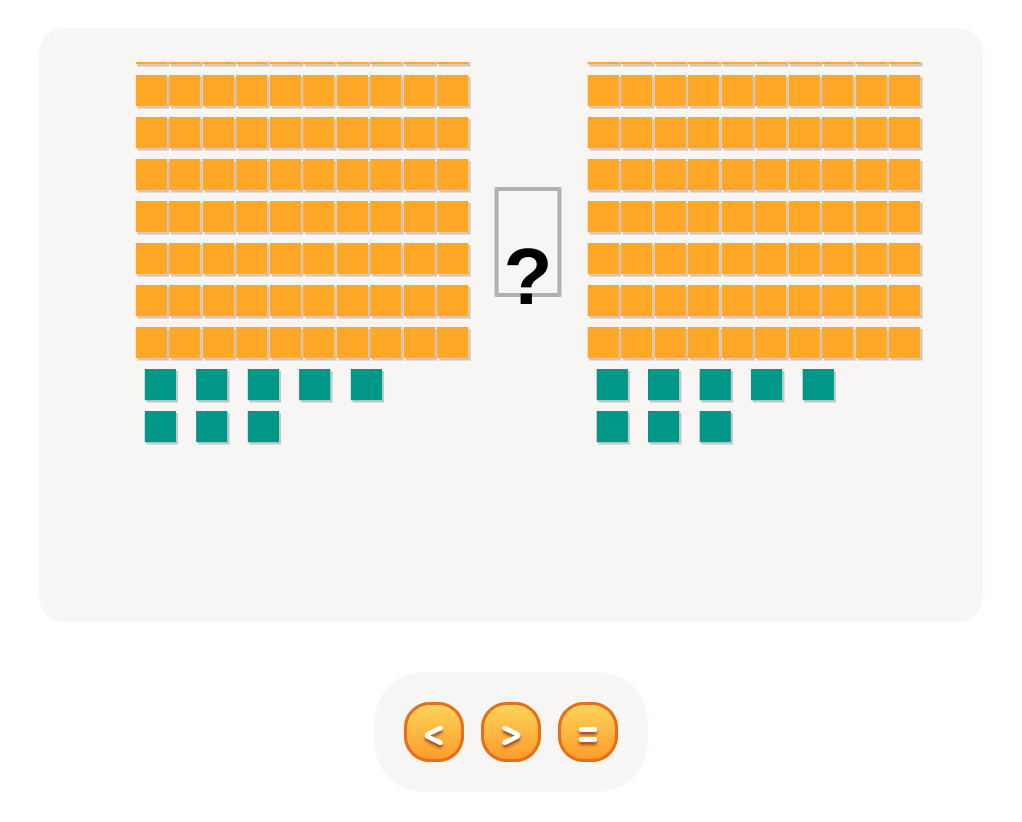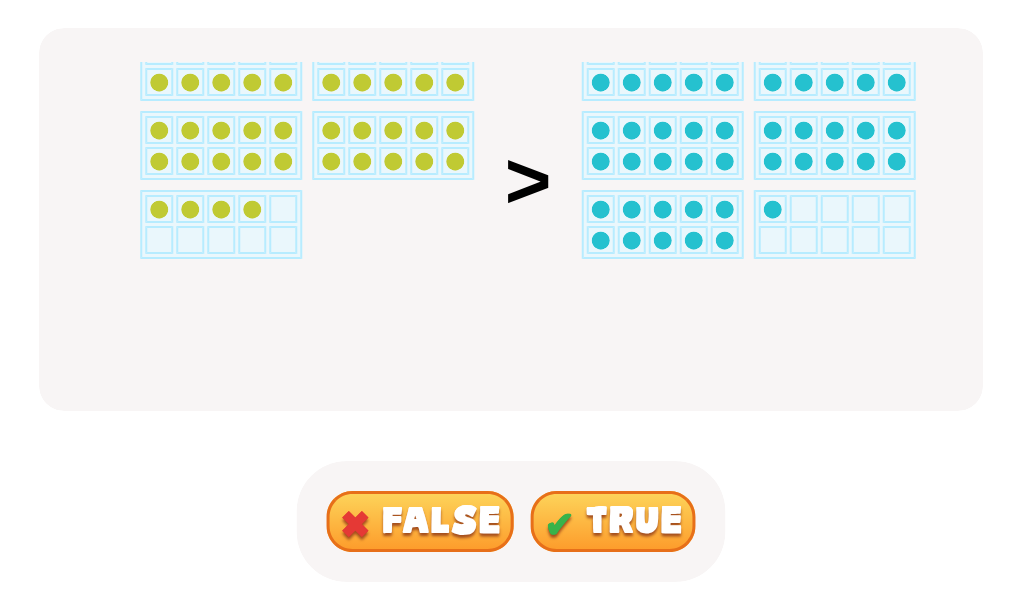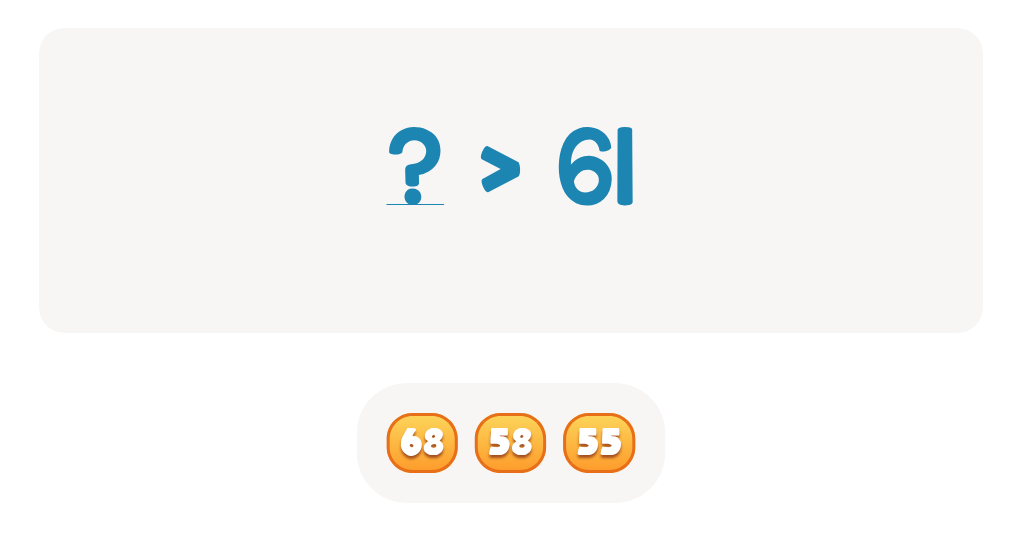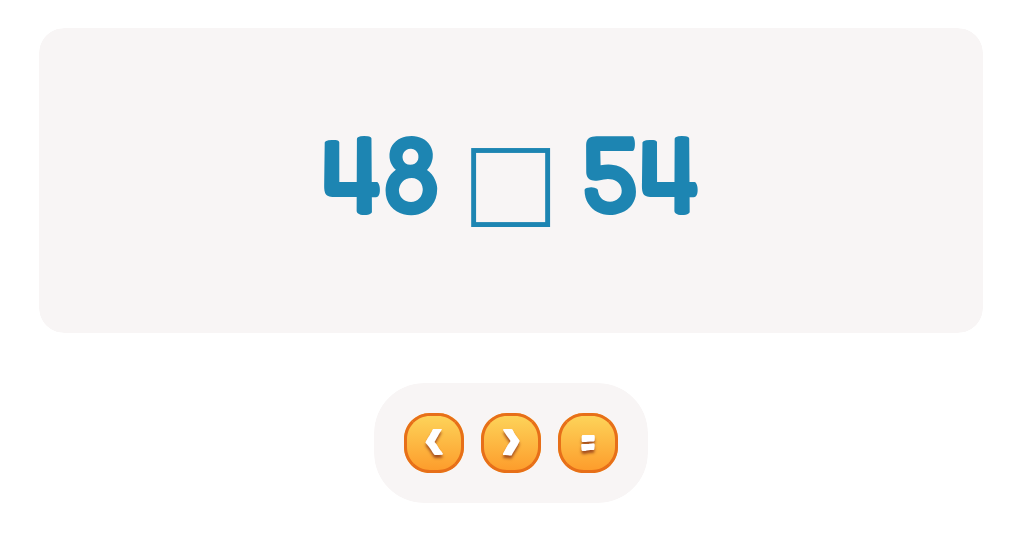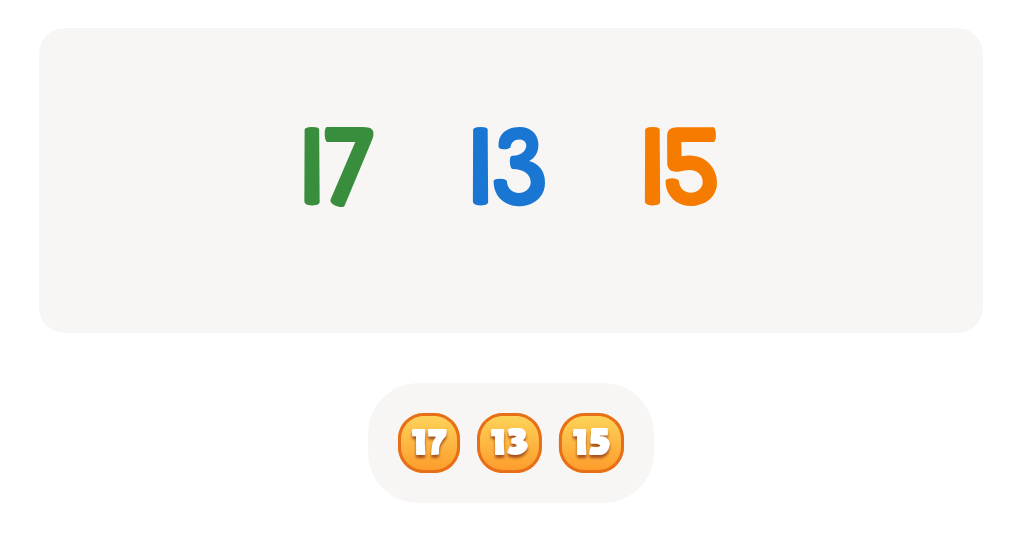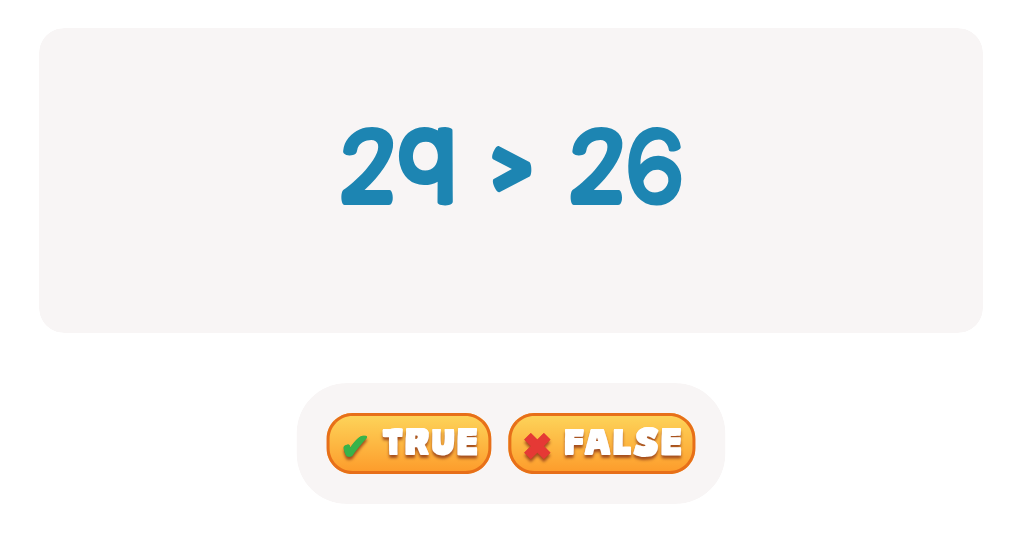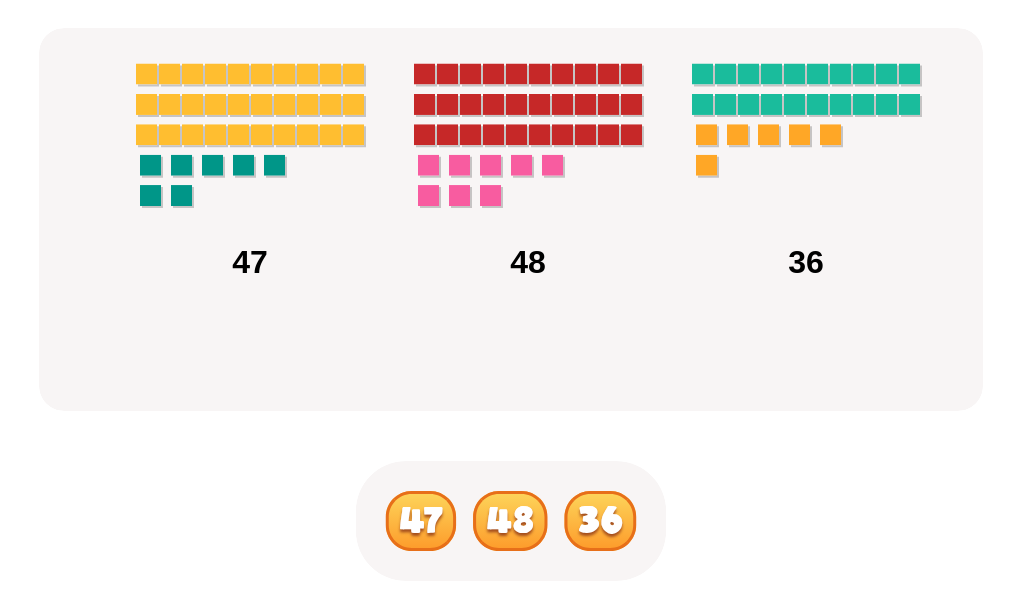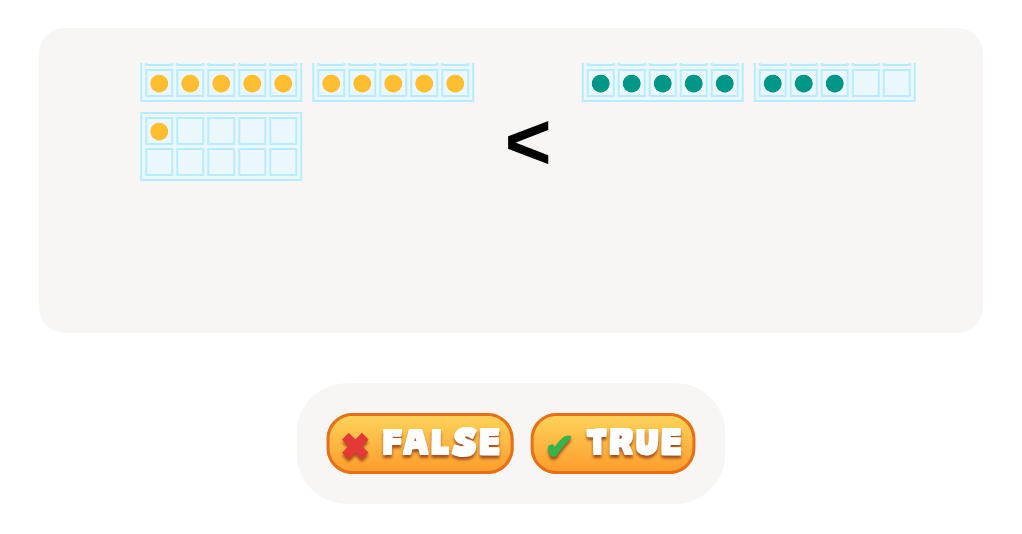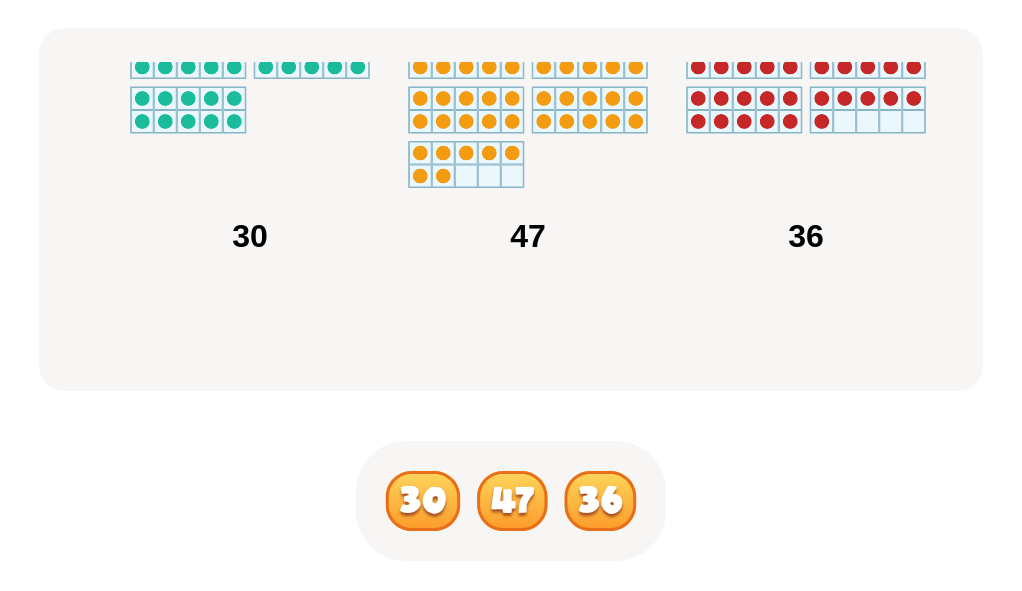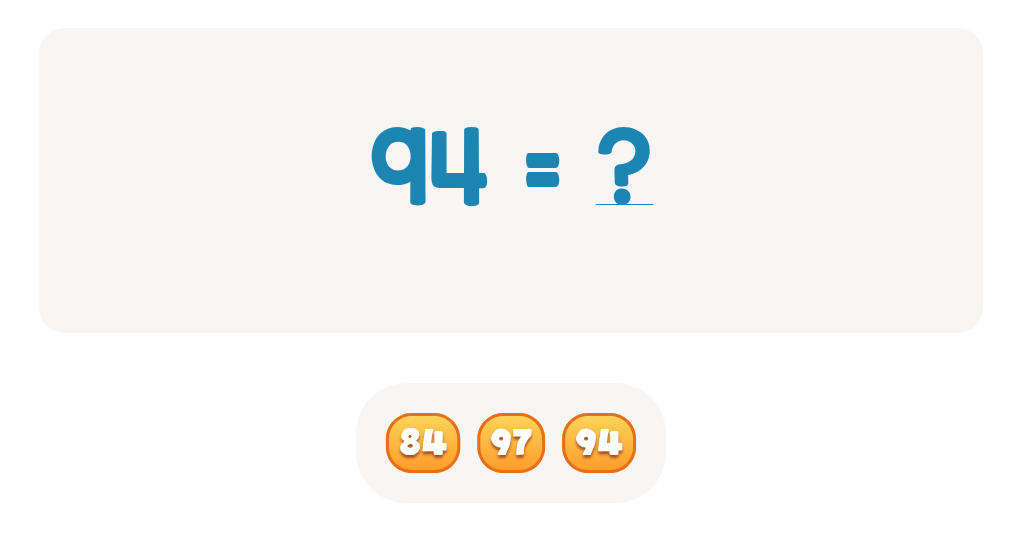Number Recognition Comparing Numbers Worksheets for Ages 4-9
9 filtered results
-
From - To
Introducing our Number Recognition Comparing Numbers Worksheets, perfect for Ages 4-9. These engaging worksheets help children develop crucial math skills by identifying and comparing numbers in a fun, interactive way. With colorful illustrations and age-appropriate exercises, kids can practice recognizing numerals, understanding greater than and less than concepts, and boosting their overall number sense. Each worksheet is designed to build confidence and prepare young learners for more advanced math challenges. Perfect for parents and teachers, our worksheets support a solid mathematical foundation that can be enjoyed at home or in the classroom. Explore now to make learning numbers an exciting adventure!
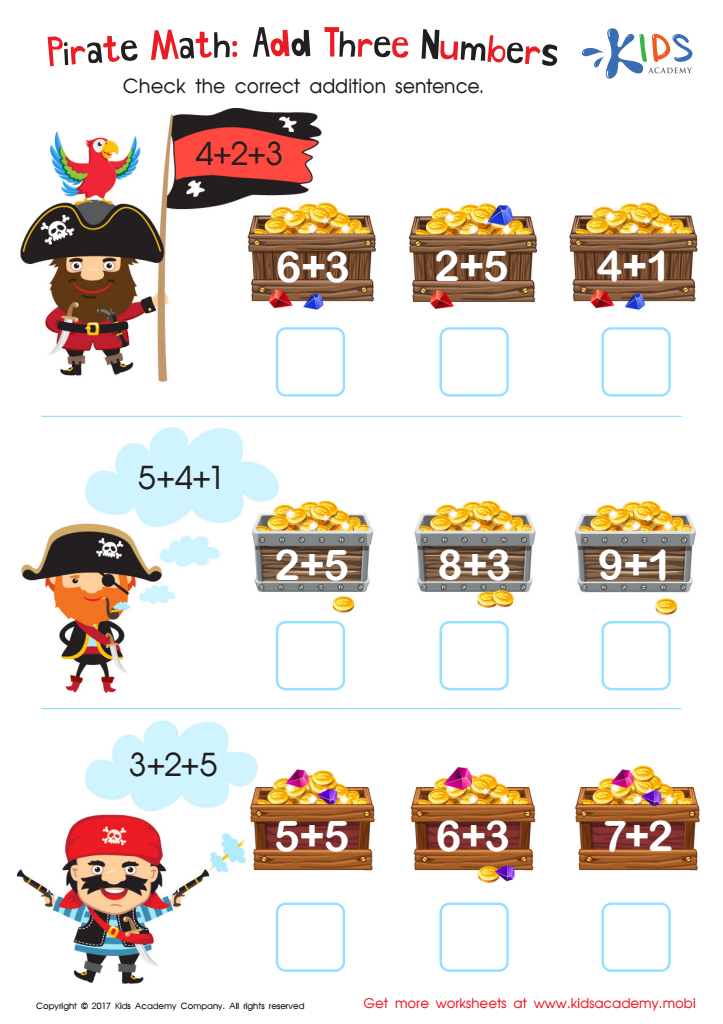

Pirate Math Printable
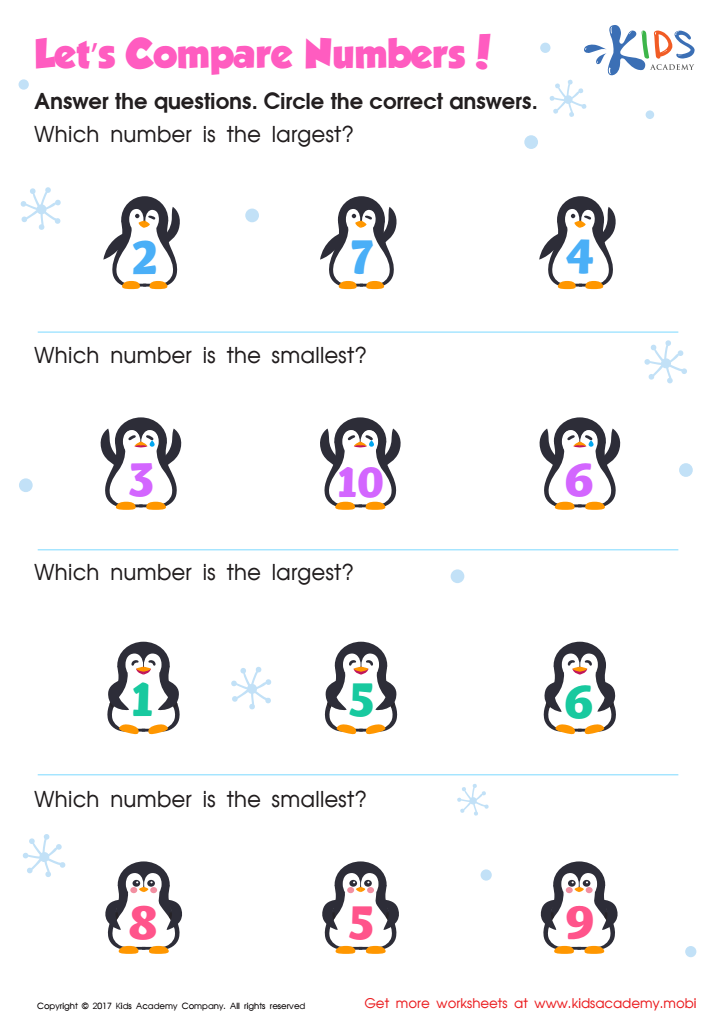

Comparing Numbers 1–10 Worksheet Kindergarten
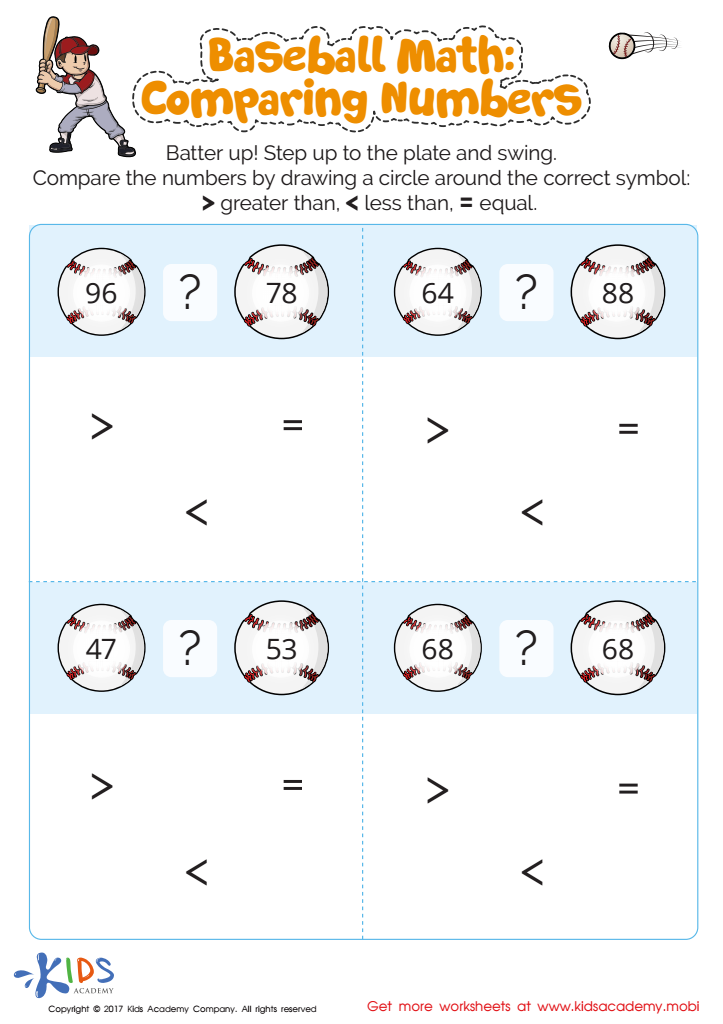

Compare Numbers Printable
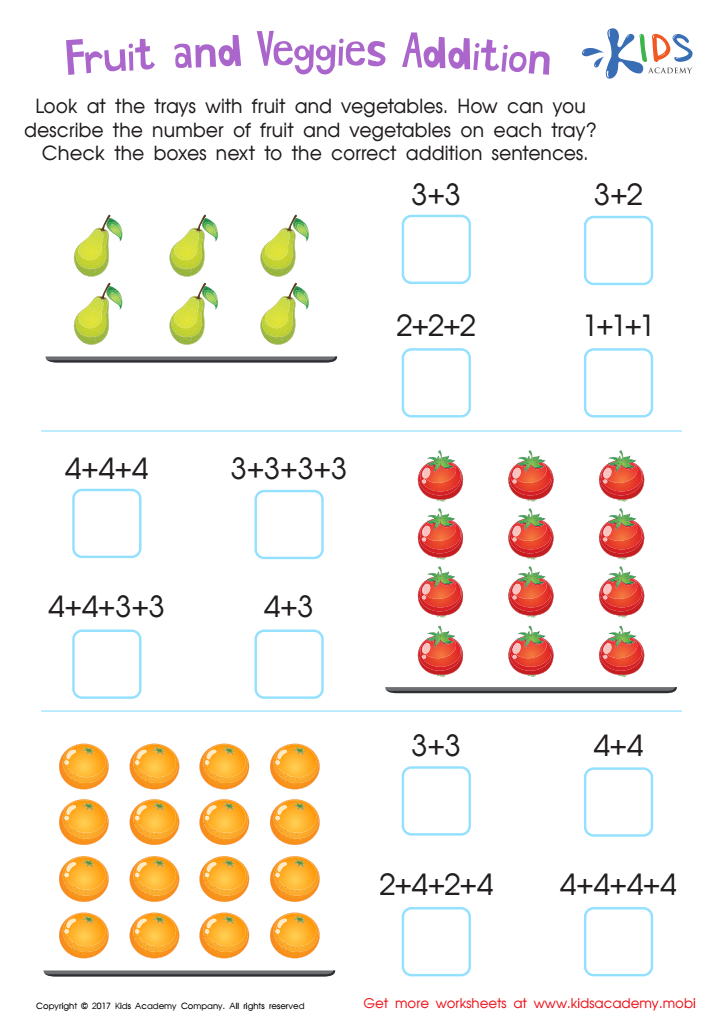

Fruit and Veggies Worksheet
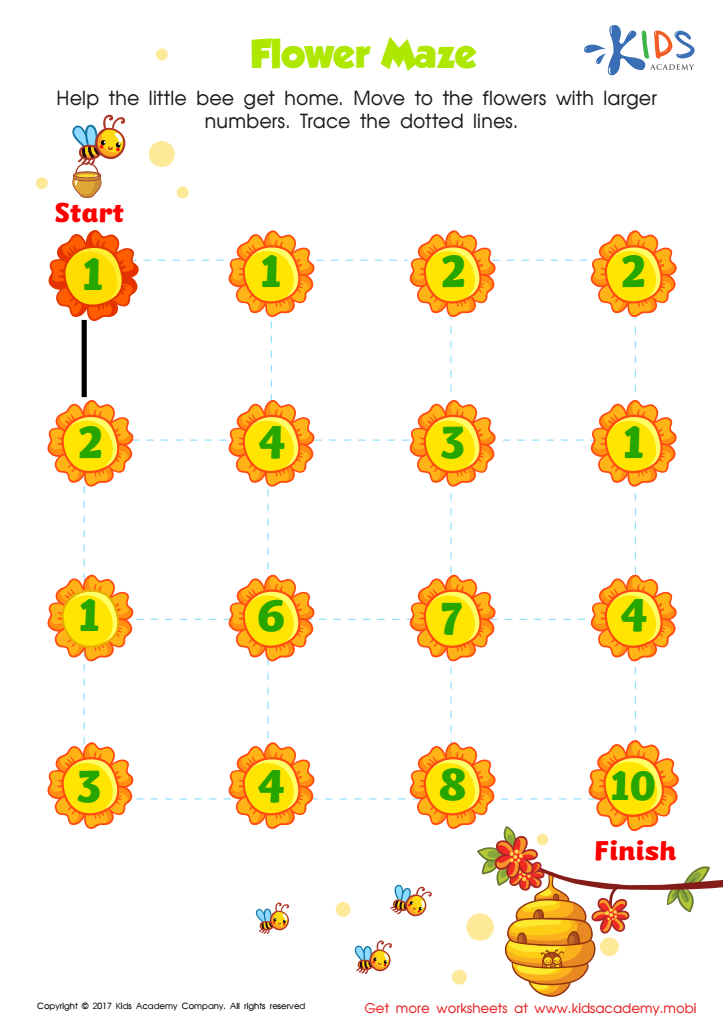

Number Maze For Kindergarten Printable
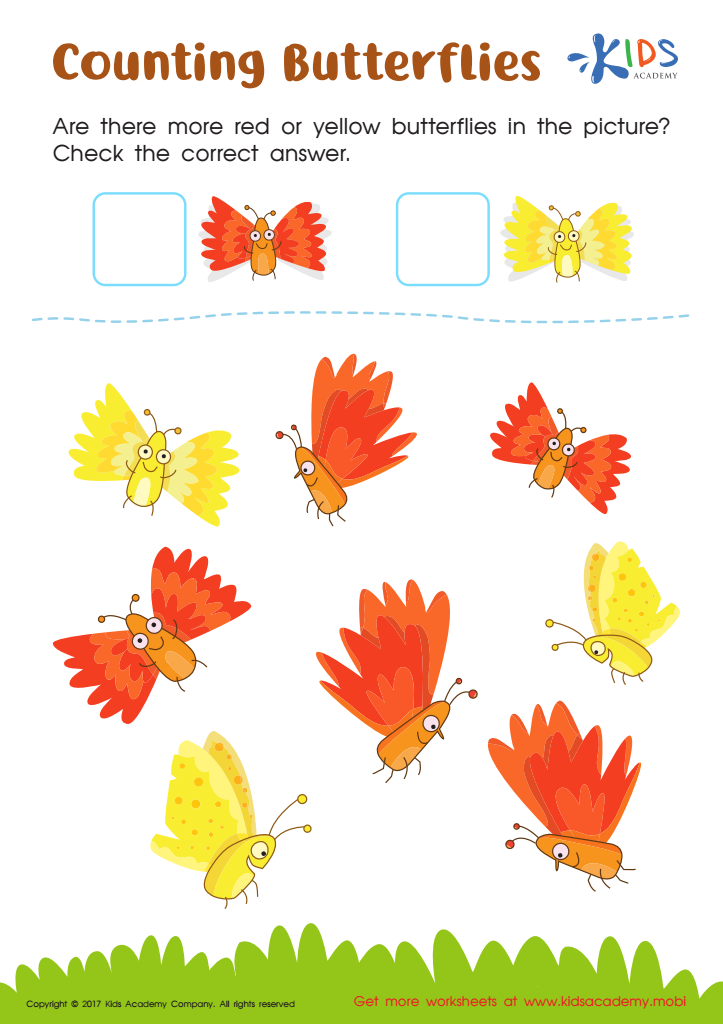

Counting Butterflies Worksheet
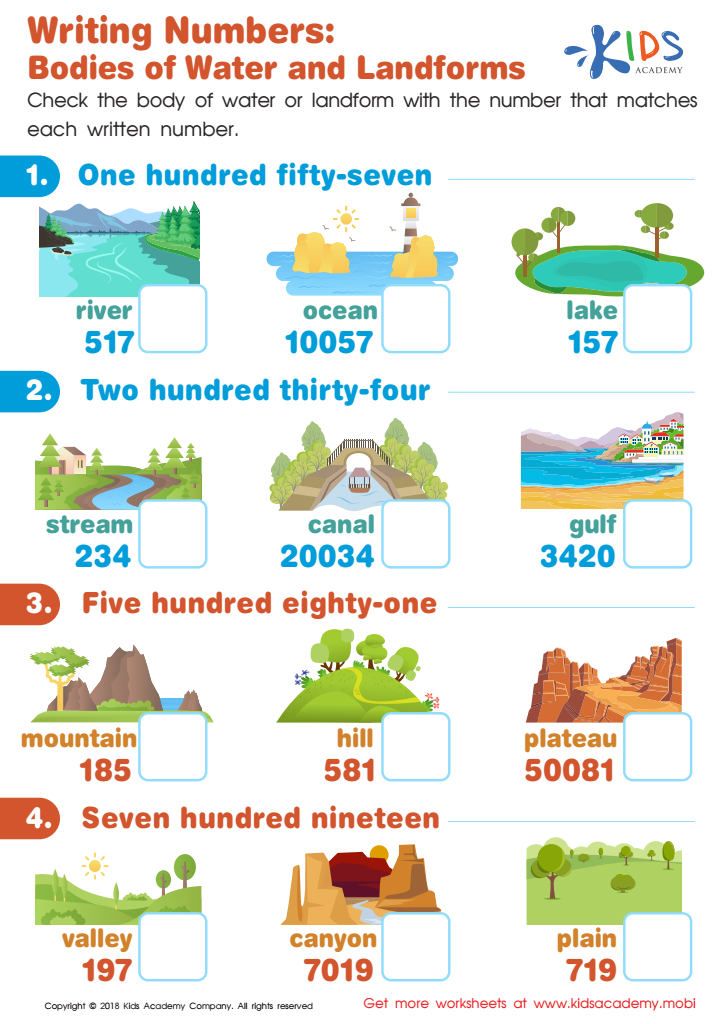

Bodies of Water and Landforms Writing Numbers Worksheet
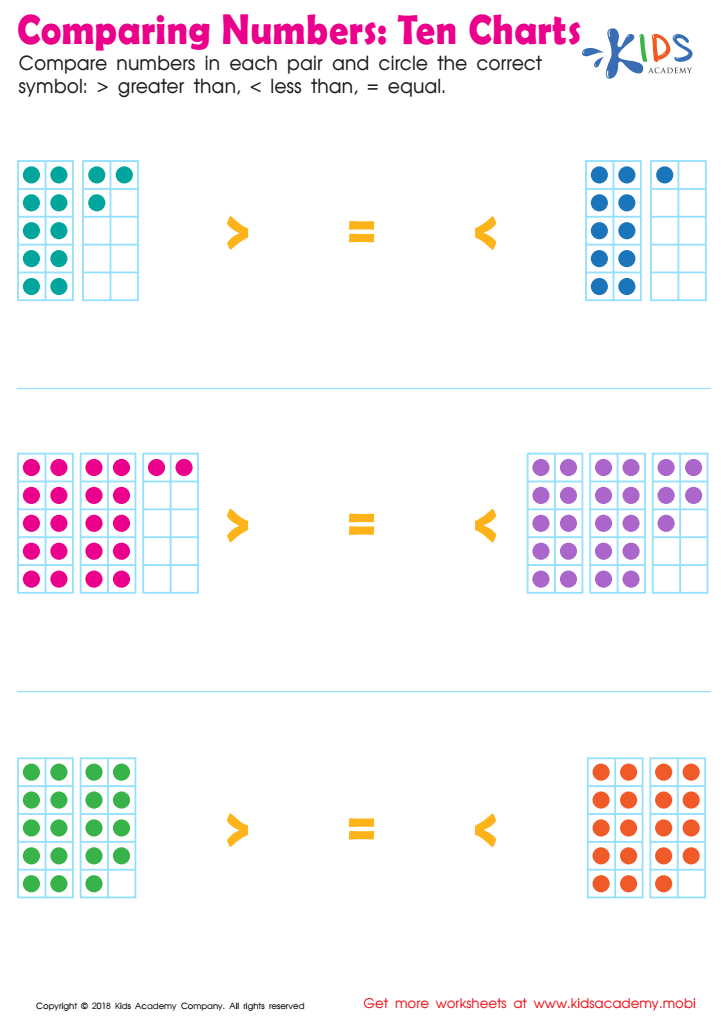

Ten Charts Worksheet
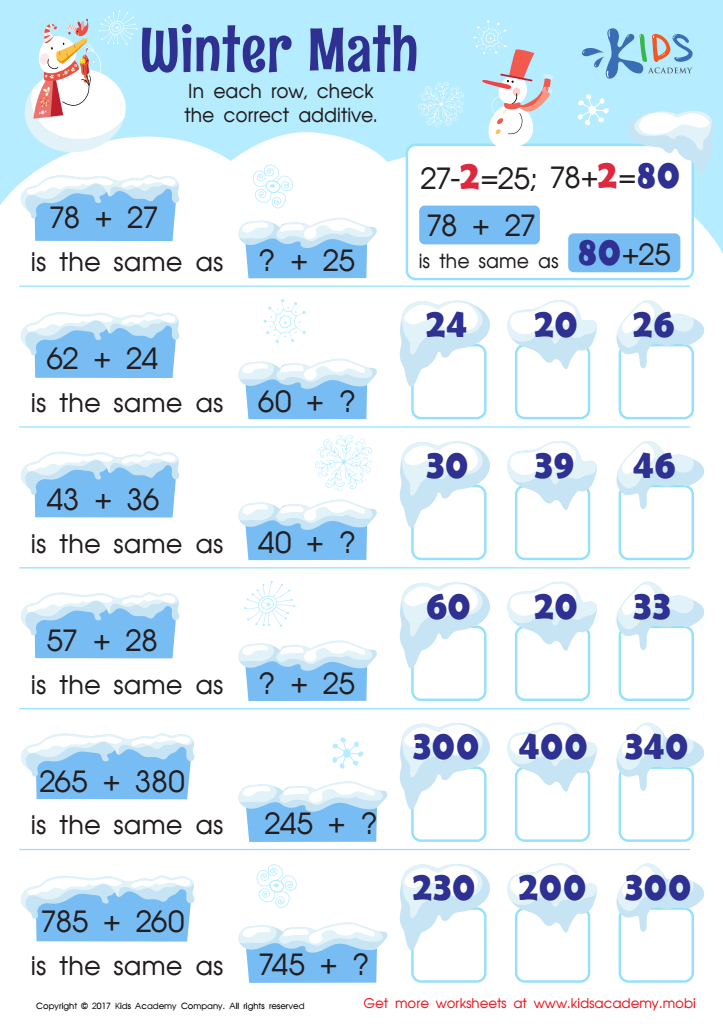

Free Addition Worksheet
Number recognition and the ability to compare numbers are foundational skills for children aged 4-9, serving as critical stepping stones in their cognitive development and later academic success. At this formative age, children's brains are extraordinarily receptive to learning numerical concepts, which become the building blocks for advanced math skills. Understanding numbers and their relationships helps develop logical thinking and problem-solving abilities.
For parents and teachers, fostering number literacy provides children with the confidence and tools to engage in everyday mathematical tasks, such as counting objects, understanding time, and managing simple mathematical operations. These skills are not limited to academic success but extend to practical life skills, emphasizing the importance of numeracy in daily activities.
Moreover, early exposure to number comparison helps children grasp concepts of quantity, which is crucial for understanding addition, subtraction, and other mathematical operations. For example, by knowing that 7 is greater than 5, children can better understand the concept of more and less, which underpins fundamental arithmetic.
By paying attention to number recognition and comparison, adults can identify and support children who might be struggling early on, providing interventions that prevent future difficulties in math learning. Thus, attention to these skills sets a firm foundation for a lifetime of learning, critical thinking, and academic achievement.

 Assign to My Students
Assign to My Students
